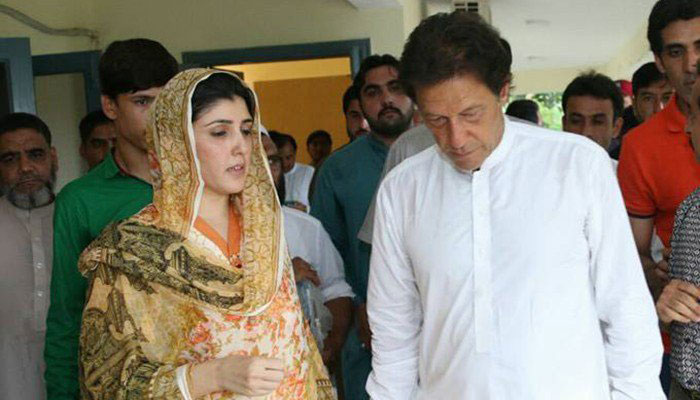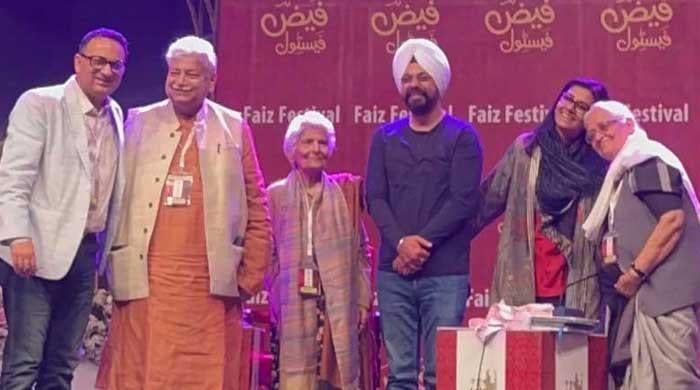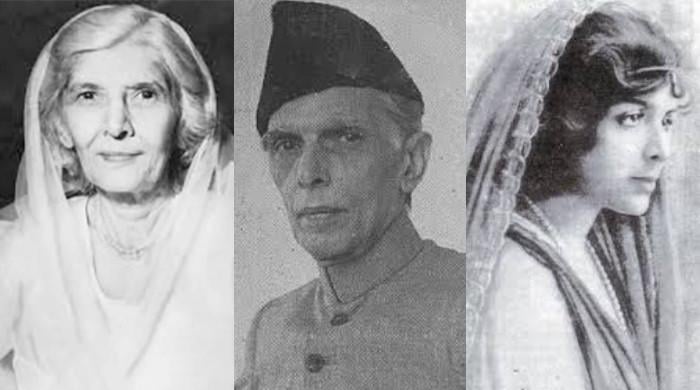In the Ayesha Gulalai and Imran Khan scandal, the truth doesn’t seem to matter
The real fight, it seems, will not be fought in courts or based on evidence
August 06, 2017

Some months ago, I was in the middle of a debate, criticizing the inadequate response by the American public to the sexual misconduct allegations against President Donald J. Trump and his leaked "locker room" talk. "Could you ever imagine such behaviour, by a politician, being tolerated in Pakistan?" I asked a colleague and then answered in the negative myself.
Well, now, I have had to eat my own words.
The past couple of days have been deeply disturbing. Perhaps, less so in terms of the actual allegations, and more in terms of the bilious maelstrom that has been brewing on Twitter. This is one of those moments that make you question the merit of giving everyone a voice on social media. It is also one of those moments that once again exposes how deeply rooted misogyny is in Pakistan.
Here is where the scandal stands as of now. Imran Khan, the leader of a popular political party, has been accused of harassing a female colleague. His party members have responded by claiming that Ayesha Gulalai was on the ruling party's payroll. Both accounts stand unsubstantiated.
Now, let's objectively examine the situation. Let's remove the names and faces. A female employee, an ambitious and disgruntled one, accuses her boss/senior of harassment. As a rule, the first response to such charges should come from within the organization, as it happened in the case of Uber. But in this case, both took their claims publicly to the media. The organization, the Pakistan Tehreek-e-Insaaf, stood by the senior employee and began discrediting the junior one, without proof. Sounds like a great plot for an Erin Brockovich-style production, but sadly, real life seldom follows the clean lines of fiction.
It is certainly possible for both sides to be fabricating the truth. It is also equally possible for some element of truth to be present in both stories.
Till now, not a single PTI leader has taken Gulalai's accusations seriously. This kind of party cohesion that blindly follows its leader, without asking questions, is extremely unhealthy for the political process. Firstly, it is a confirmation of the systematic gender-bias of which this party, and others, has been accused of before. Secondly, it shows that its members consider the leader of the party absolutely infallible.
This kind of sycophantic allegiance can be damaging to Imran Khan's political career. If he is not questioned within his own ranks, how does his politics or leadership improve?
Furthermore, the media's response to Gulalai has been a caricature in mansplaining. In the several press conferences she has done since her initial announcement, Gulalai has been cut mid-sentence, had her sentences finished for her, belittled, laughed at and been exposed to some absurd questioning.
The real fight, it seems, will not be fought in courts or based on evidence. It will be fought on the social media, sadly, between those who are self-appointed advocates and judges. Here, it is a matter of your truth versus my truth and my tweet versus your tweet. In a country enamoured with conspiracy theories, doctored evidence and plots, does the truth really matter? Perhaps we should take a step back and ask ourselves, is Khan the monster, or is Gulalai, or are we?
- Mirza teaches sociology and politics in Lahore.
Note: The views expressed are those of the author, and do not reflect the official policy or position of Geo News or the Jang Group.











